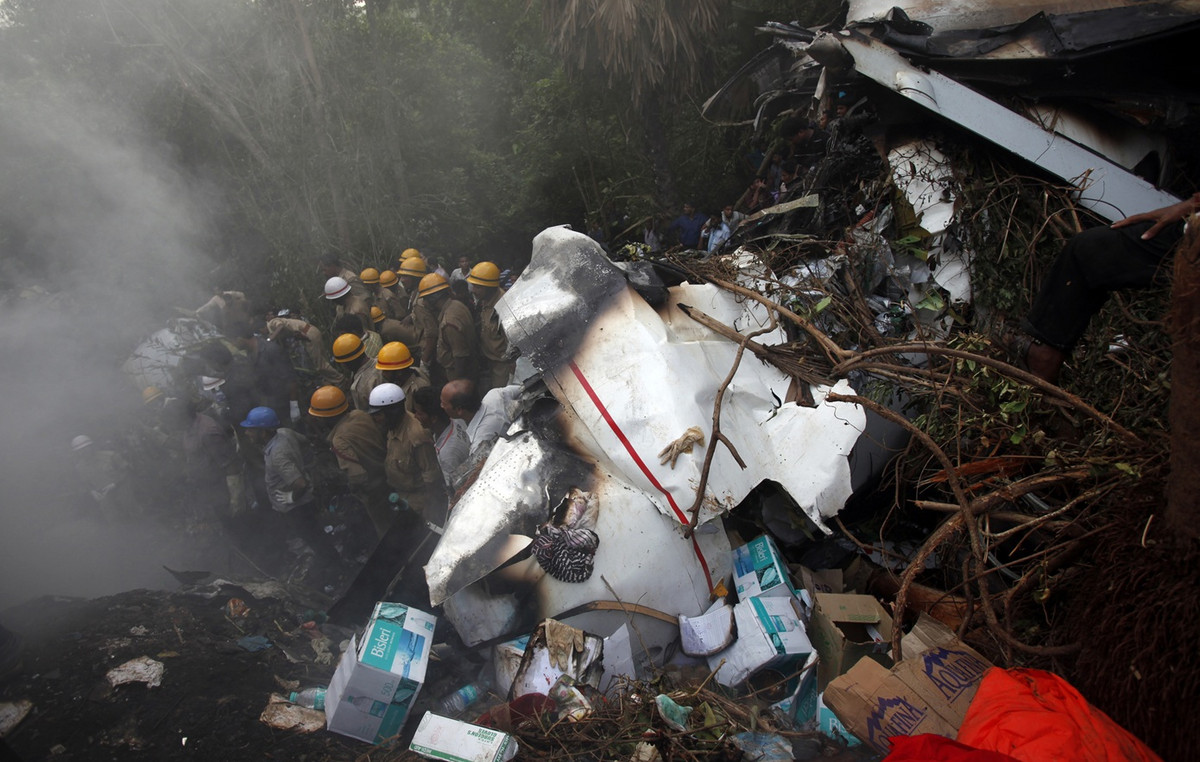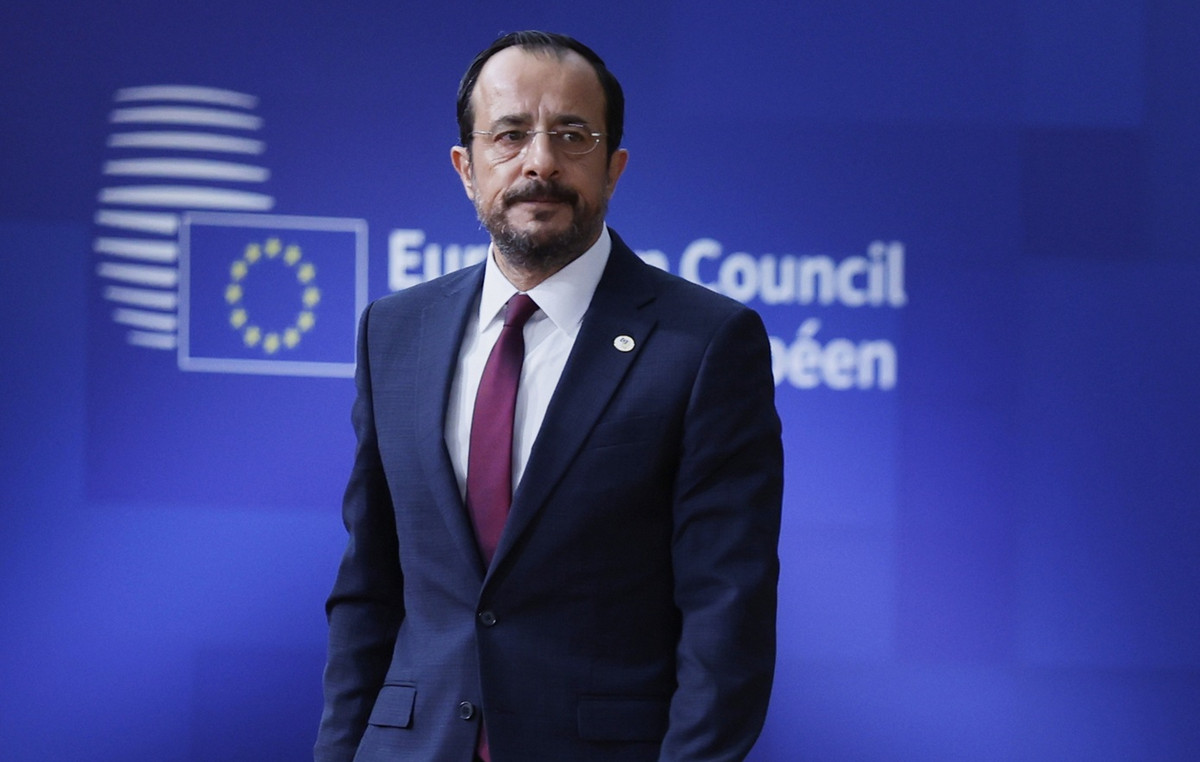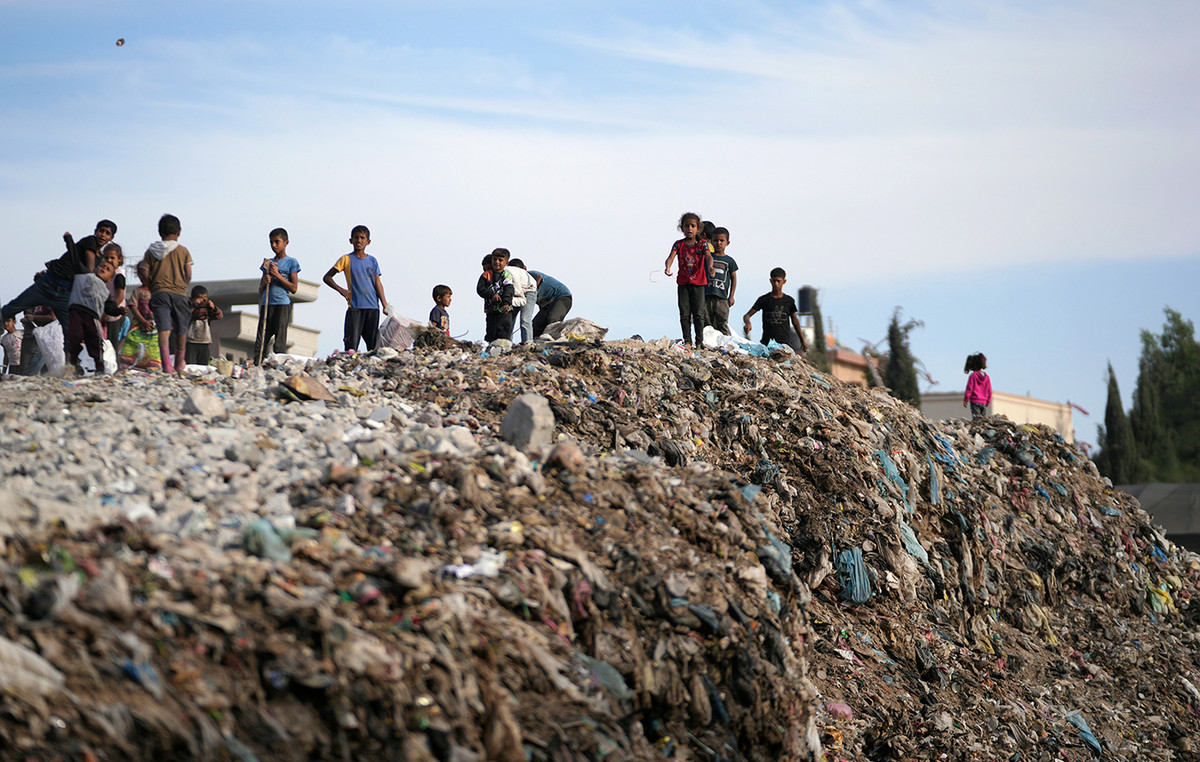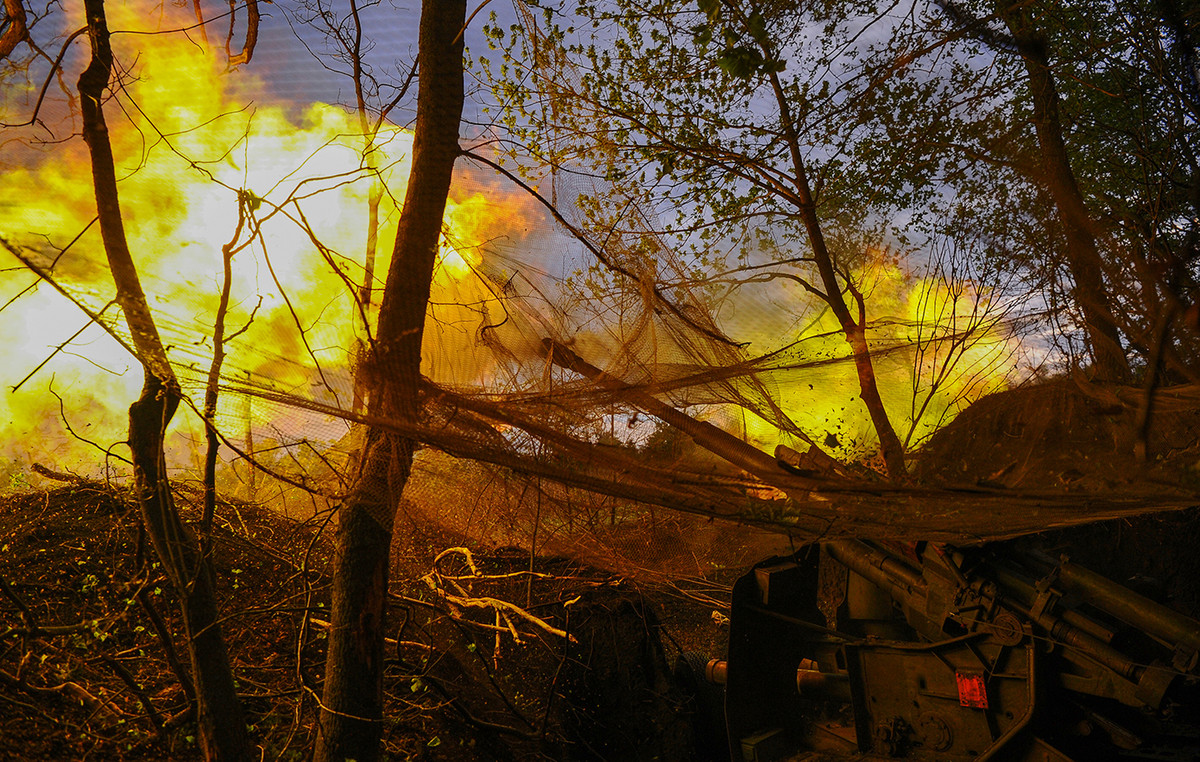The Ministry of Health told the press this Thursday (3) that it assesses the possible reclassification of the Covid-19 pandemic in the country as an endemic situation. According to the ministry, the assessment is carried out jointly with other ministries and bodies, taking into account the epidemiological scenario and the behavior of the virus in the country.
In an interview with CNN, the Minister of Health, Marcelo Queiroga, said that the government is studying the impact of this change, and that it is based on the scenario of reducing serious cases of the disease in the country. The information was also published by President Jair Bolsonaro on social media this Thursday.
“The Ministry of Health has the most authority to dispose of this issue at the national level and has the authority that is conferred by the law, this law of 2020, the law that disciplined the pandemic in Brazil. The first article, second paragraph, gives this prerogative to me, the Minister of Health, to lower the degree of pandemic to endemic and I will do this based on technical criteria”, Queiroga told the press this Friday (4).
What represents a possible change in classification
A possible closure of the Public Health Emergency of National Importance (ESPIN), with the change in the classification of the epidemiological scenario in the country from pandemic to endemic, could have direct impacts on the fight against Covid-19 in the country.
“When we talk about an epidemic or a pandemic, we are talking about a public health emergency. In a health emergency, we have the flexibilization of some rules concerning purchase and bidding processesexactly so that it has greater speed and is able to assist the population in that emergency”, explains Chrystina.
In the expert’s assessment, given the departure from the urgent nature, public policies should continue to focus on ensuring conditions for diagnosis, care and epidemiological surveillance. The researcher warns that care is needed in relation to the central message that can be understood by the population with the change by the Ministry of Health in the classification of the disease.
“We need to be careful that by giving the alert now of an endemic disease, of a disease that is part of our daily lives instead of a pandemic, it does not bring about the relaxation of surveillance measures. This cannot bring the population to relax at a time when we are still facing outbreaks and waves referring to new strains, it is still time for attention”, he highlights.
THE decision may make a set of non-pharmacological measures more flexiblewhich are those recommended since the beginning of the pandemic for the prevention of Covid-19, including the mandatory use of masks.
The epidemiologist and professor at the Federal University of Espírito Santo (UFES), Ethel Maciel, says that the concept of transition from a pandemic to an endemic disease is being studied by research groups around the world.
“Still We do not have a global consensus on what the indicators of cases and deaths would be for the definition of endemic in relation to Covid-19. The virus will continue among us, we will still have cases and deaths. But most likely these deaths are going to happen among vulnerable people, usually the elderly and people who have other comorbidities, rather than people who are vaccinated and who are immunocompetent,” he said.
The end of the emergency situation could also jeopardize the application of vaccines authorized for emergency use in the country, such as Coronavac and Janssen. The resolution of the National Health Surveillance Agency (Anvisa), of March 10, 2021, states that in case of suspension of the emergency situation by the Ministry of Health, the authorization will be automatically suspended.
The Ministry of Health articulates with Anvisa possible changes in the resolution to avoid the suspension of the use of immunizers in the country.
How to define an epidemiological scenario
Health management researcher Chrystina Barros, member of the Committee to Combat Coronavirus at the Federal University of Rio de Janeiro (UFRJ), explains that in the area of epidemiology, the field of study of the relationship between health and disease, diseases are defined according to with the prevalence, that is, when they occur, number of cases and incidence in a given region.
“If in a defined geographical area there is an increase in the number of cases, there is an outbreak. If that extends to a larger area, speaking of cities and states, you have an epidemic. If this reaches continents, we speak of a pandemic”, explains Chrystina.
The researcher explains that, although the definition of a pandemic is an assignment of the World Health Organization (WHO)countries should carry out monitoring of epidemiological information to understand the behavior of the disease at the national level.
“This classification has to follow geographic and quantitative criteria that show the evolution of the number of cases of the disease in the health history of the population over a period of time”, he says.
How is an emergency character defined?
On February 3, 2020, the Ministry of Health recognized Covid-19 as an international health emergency and raised the level of the Brazilian response to a Public Health Emergency of National Importance (ESPIN).
The measure, published in the Official Gazette of the Union, established the Public Health Emergency Operations Center (COE-nCoV) as a national mechanism for the coordinated management of the emergency response at the national level.
Among the duties of the operations center, are the articulation with managers of the Unified Health System (SUS) from all over the country, activation of health teams, including the temporary hiring of professionals, and the acquisition of goods and contracting of services under of urgency.
Understand the epidemiological classification
Different technical names are adopted to define the epidemiological situation of a disease: outbreak, epidemic, endemic and pandemic. The nomenclatures are associated with the scope of a disease and the impacts on populations.
At epidemics are defined by increase in the number of cases of a disease in several regions, without reaching a global scale.
“Epidemic is when a disease presents an abrupt growth, beyond what is expected”, he says. “We don’t call it an epidemic when they are seasonal diseases, such as dengue, in which cases increase every year at the same time”, explains Carlos Magno, professor at the Faculty of Medicine at Unesp (Universidade Estadual Paulista).
A disease becomes a pandemic when it reaches global levels. Considering the spread of a causative agent in several countries or continents, affecting a large number of people. The pandemic declaration is made by the World Health Organization (WHO), which classified Covid-19 in this way on March 11, 2020.
The concept of endemicin turn, considers the presence of a recurrent disease in a region, but without showing significant increases in the number of cases. “When an epidemic happens constantly over time in the same place, it is called an endemic disease”, says Magno.
already the outbreaks are characterized by sudden increase of a disease in a specific localityas an example, we have the Ebola outbreaks that reach restricted locations in African countries.
Basic care helps prevent Covid-19
(With information from Tainá Farfan and CNN policy analyst Basilia Rodrigues)
Source: CNN Brasil







